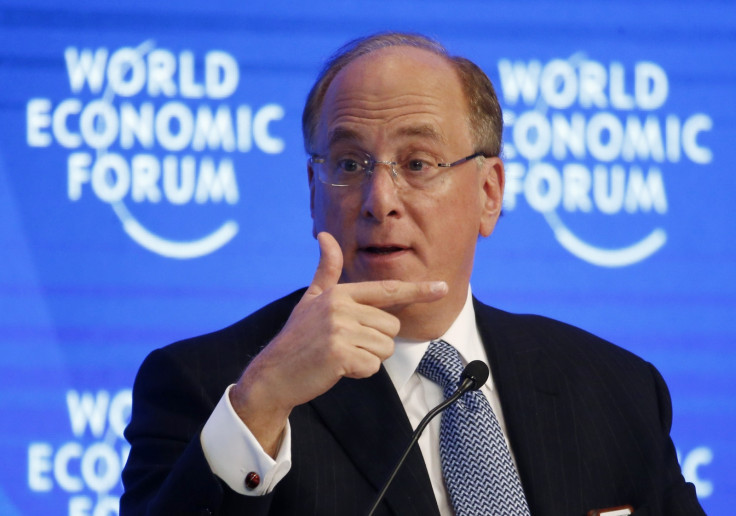Davos 2017: Trump will fall out with the Federal Reserve, says BlackRock chief executive
Larry Fink forecasts the US dollar to remain strong for foreseeable future, which could impact on competitiveness.

The ongoing US dollar strength could cause frictions between incumbent US President Donald Trump and the Federal Reserve, Larry Fink, the chief executive of investment giant BlackRock, said on Friday (20 January).
Fink told an audience at the World Economic Forum in Davos, Switzerland, that initial talks with members of Trump's administration indicated the world's largest economy will implement "loud, noisy and strong" economic policies.
Such policies would likely strengthen the US economy even further, the chief executive of the world's largest asset manager said, which could prompt the Federal Reserve to hike interest rates again this year.
Having lifted interest rates for the first time in nine years in December 2015, the US central bank hiked rates again last month and has made clear that further increases are on the cards. That would, in turn, "significantly" boost the dollar, Fink said.
"Some of the policies that are being proposed are policies that would further strengthen the US dollar," he said.
However, on the long-term, a stronger dollar could have a negative impact on the competitiveness of US companies, which could limit the new administration's ability to create the jobs Trump promised throughout his electoral campaign.
"[Dollar strength] is going to be a big, essential component of the market volatility," Fink explained.
"We're going to have to be prepared for this. I do believe there will be a great deal of tension between the President-elect and the Federal Reserve on these issues. We should all be aware we are going to live in a world right now of a stronger dollar."
Depending on which policies Trumps chooses to implement, the impact on the dollar could extend to the US main trade partners.
"Depending on our behaviors towards our trading partners,this could have a further impact on the dollar," Fink warned, adding the US must avoid aggravating its largest lenders.
"If we are going to raise our deficits and not completely offset that by other tax revenues, quite frankly, that puts even more pressure on our dollar and in those circumstances, that's a very hard thing to navigate, much harder for any central banker to stop that trend."
© Copyright IBTimes 2024. All rights reserved.






